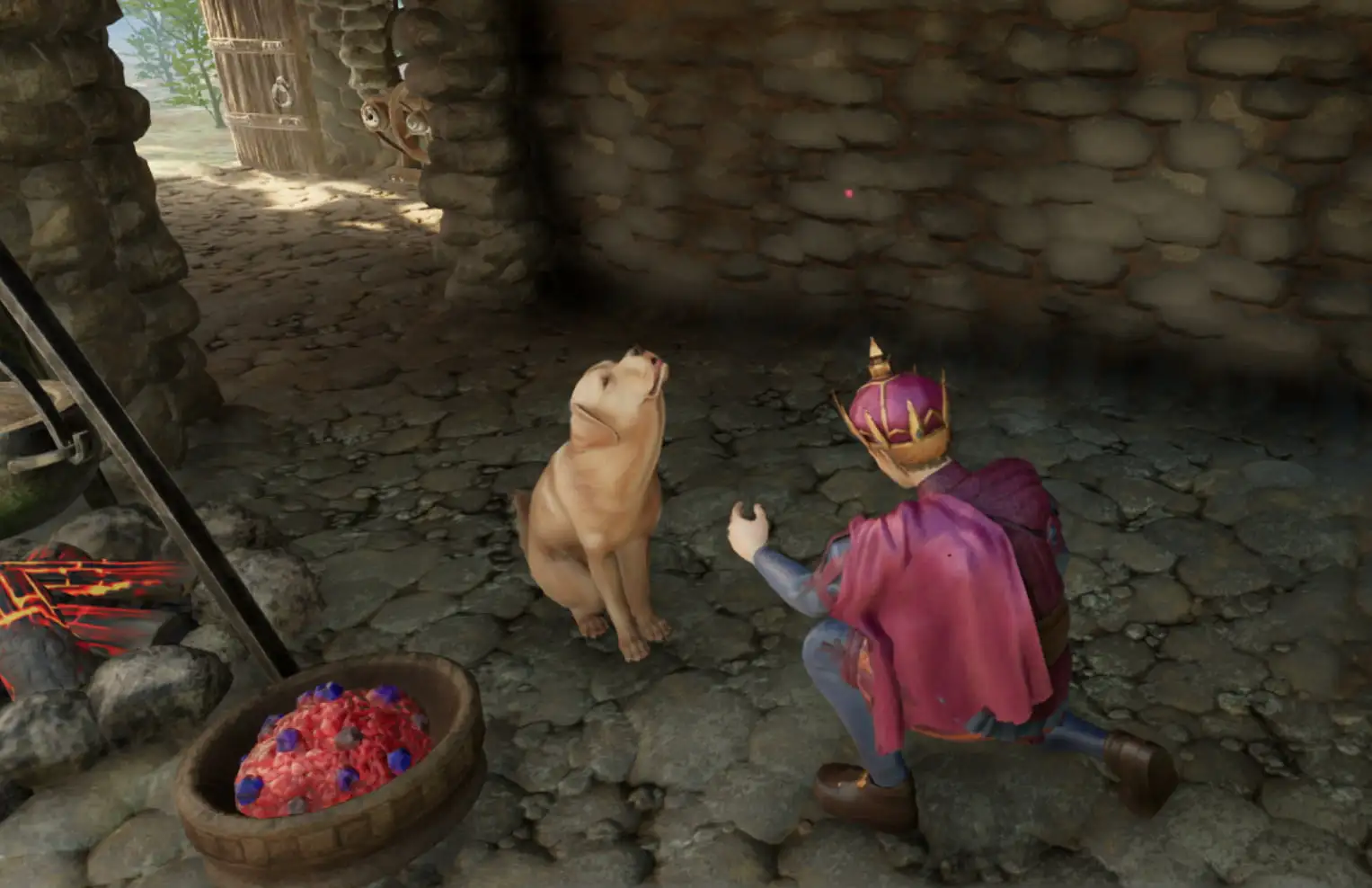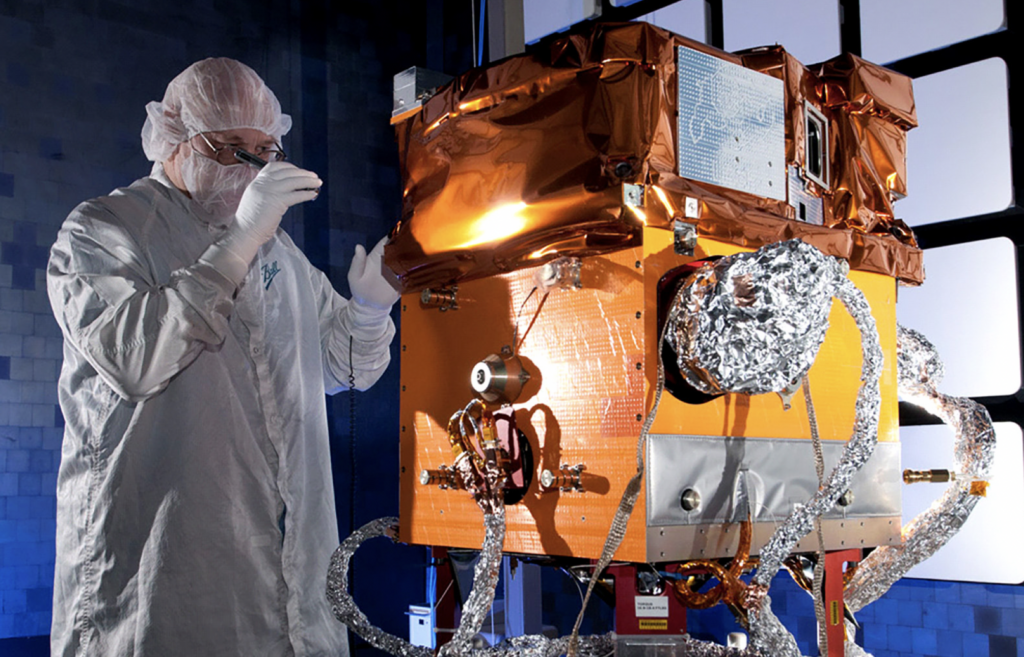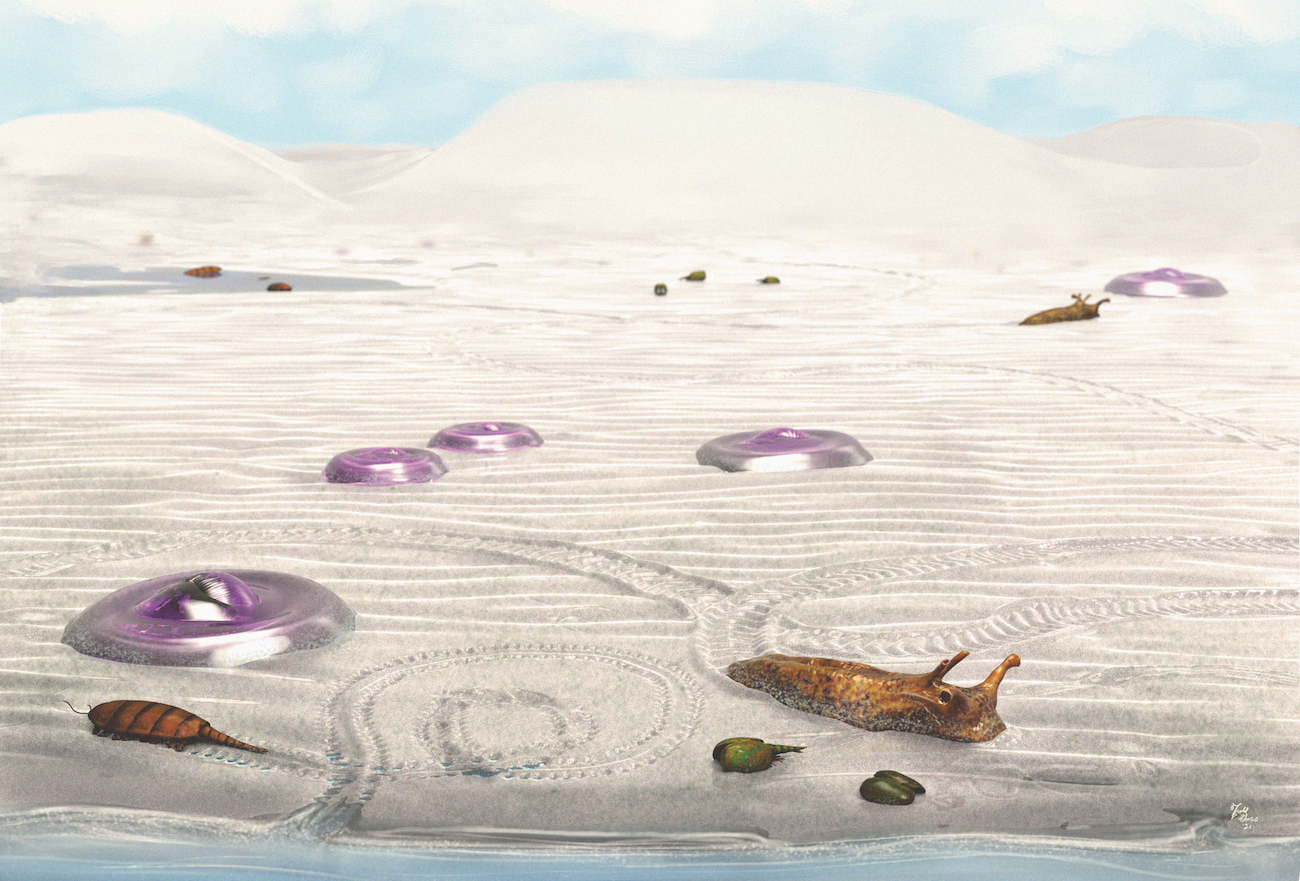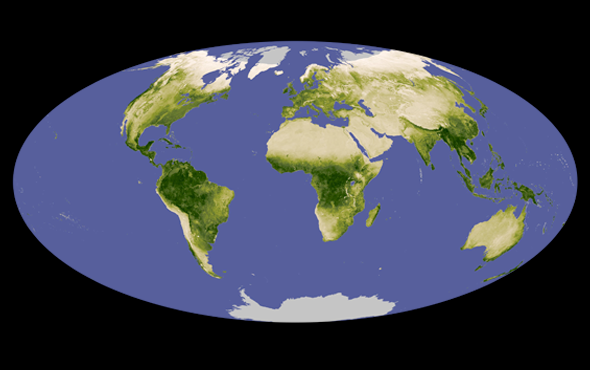The use of nuclear weapons to drive off asteroids has often been used in science fiction, but real-world scientists have often touted the idea of a nuclear asteroid deterrent as a horrible idea. Now, though, a group of researchers has been looking deeper into the implications and consequences of using a nuclear explosion on an asteroid, and they say it might just work, so long as we use the right technique.
One reason that many have warned against the use of nuclear weapons to fend off asteroids is the fact that destroying a large asteroid would only create a bunch of smaller pieces, thereby causing Earth to be bombarded by multiple asteroids inside of just one planet-killer rock. To understand just how effective or dangerous this might be, scientists turned to simulations.
The simulations utilized an explosive technique that we call nuclear ablation, and according to the researchers, it could cause enough of an explosive thrust to act as a proper nuclear asteroid deterrent. Not only would it vaporize part of the asteroid, but the explosive thrust and change in velocity could help push the asteroid to a new course.
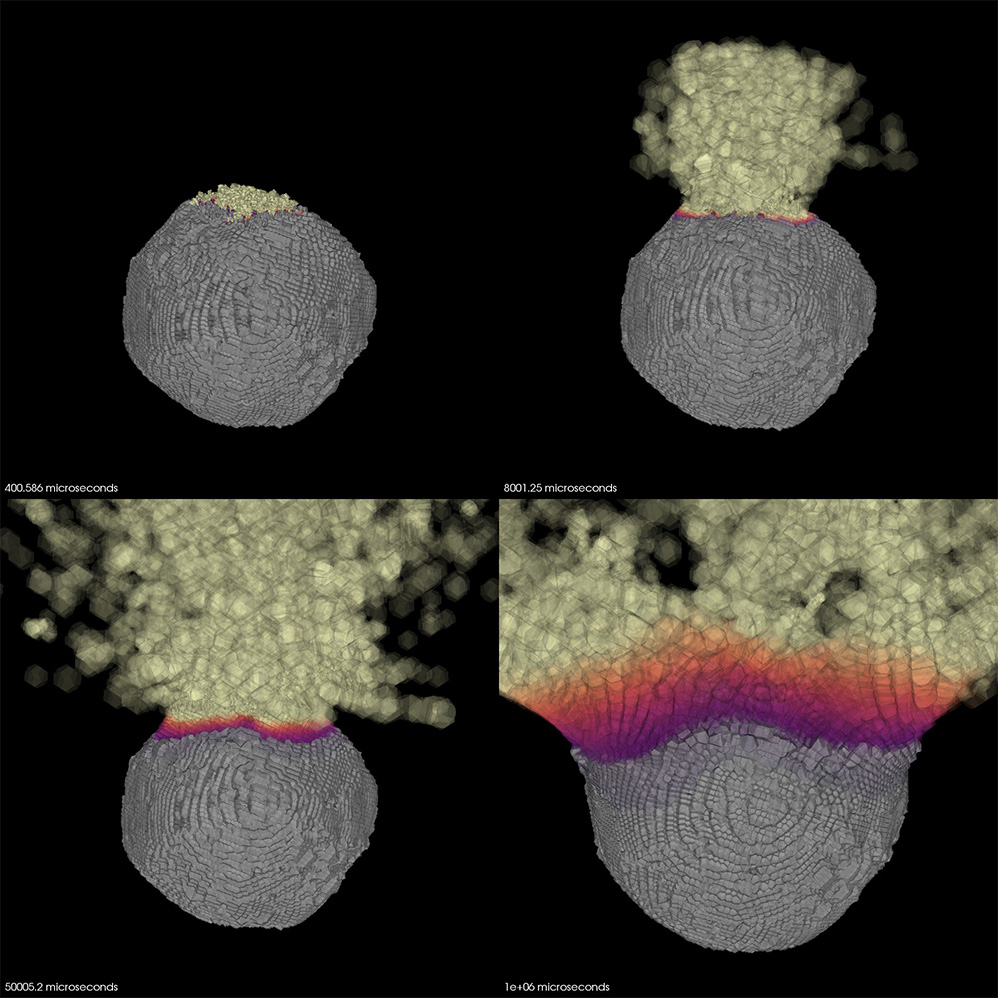
The simulation model is easily configurable, and the researchers designed it to incorporate a wide range of initial conditions, allowing them to simulate the kinds of asteroids we’ve been able to study up close. But the researchers look at more than just whether or not we could destroy the asteroid. They also looked at how the nuclear blast and subsequent radiation would interact with the asteroid.
Tech. Entertainment. Science. Your inbox.
Sign up for the most interesting tech & entertainment news out there.
By signing up, I agree to the Terms of Use and have reviewed the Privacy Notice.
“If we have enough warning time, we could potentially launch a nuclear device, sending it millions of miles away to an asteroid that is headed toward Earth,” researcher Mary Burkey from LLNL explained. “We would then detonate the device and either deflect the asteroid, keeping it intact but providing a controlled push away from Earth, or we could disrupt the asteroid, breaking it up into small, fast-moving fragments that would also miss the planet.”
A new paper on the possibilities of a nuclear asteroid deterrent has been published in The Planetary Science Journal. While it could prove helpful, the scientists have noted that predicting the effectiveness of a nuclear blast to fend off an asteroid relies heavily on accurate Multiphysics simulations, which means we’ll need a lot of data about the asteroid we’re trying to nuke. And unfortunately, that’s an area we’re still sorely lacking in.
Of course, other asteroid deterrent systems do exist, like slamming a spacecraft into an incoming asteroid, which NASA showcased with its DART spacecraft last year. Japan is also looking into some alternative options, too.
Note: This article have been indexed to our site. We do not claim legitimacy, ownership or copyright of any of the content above. To see the article at original source Click Here

